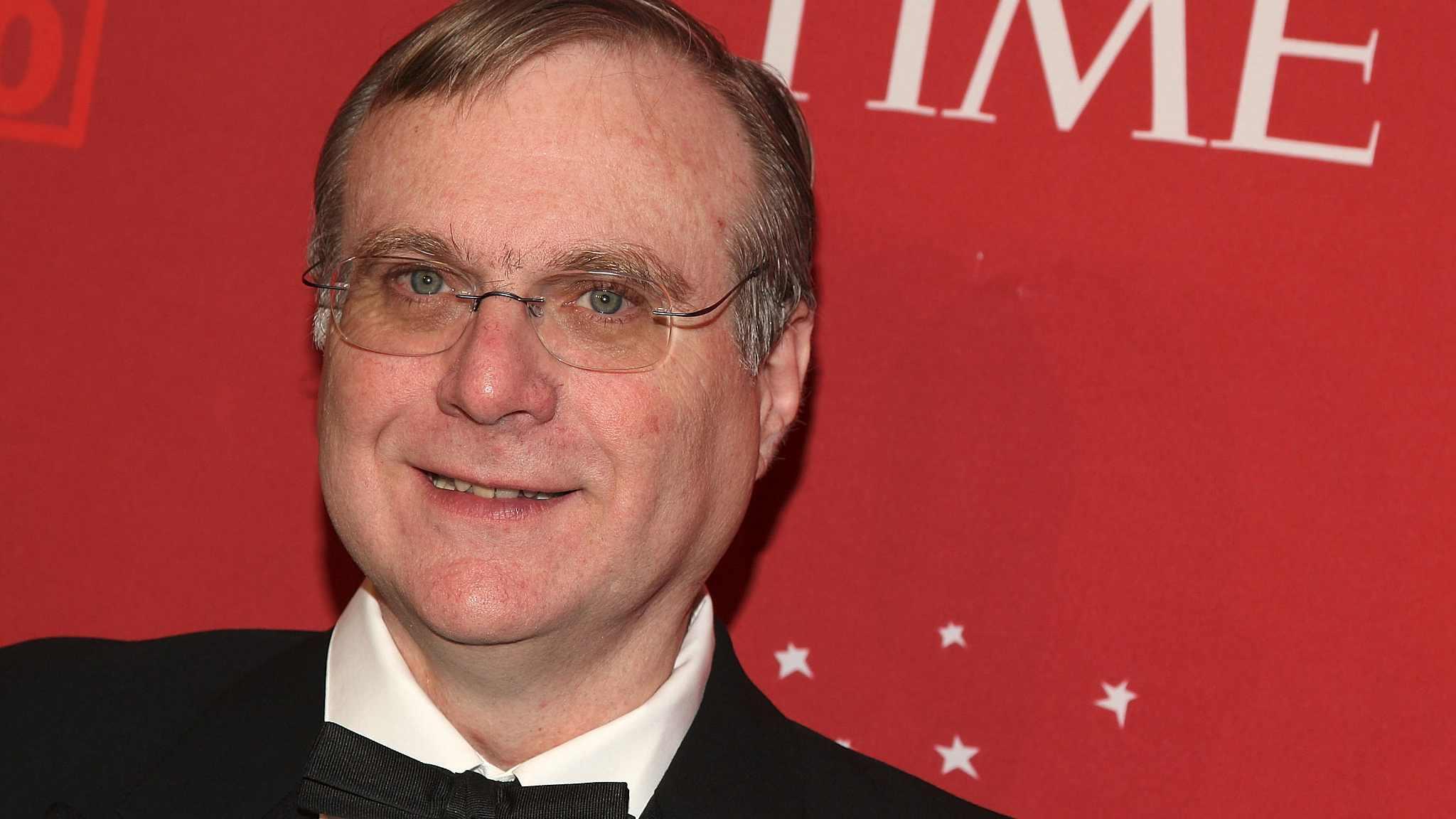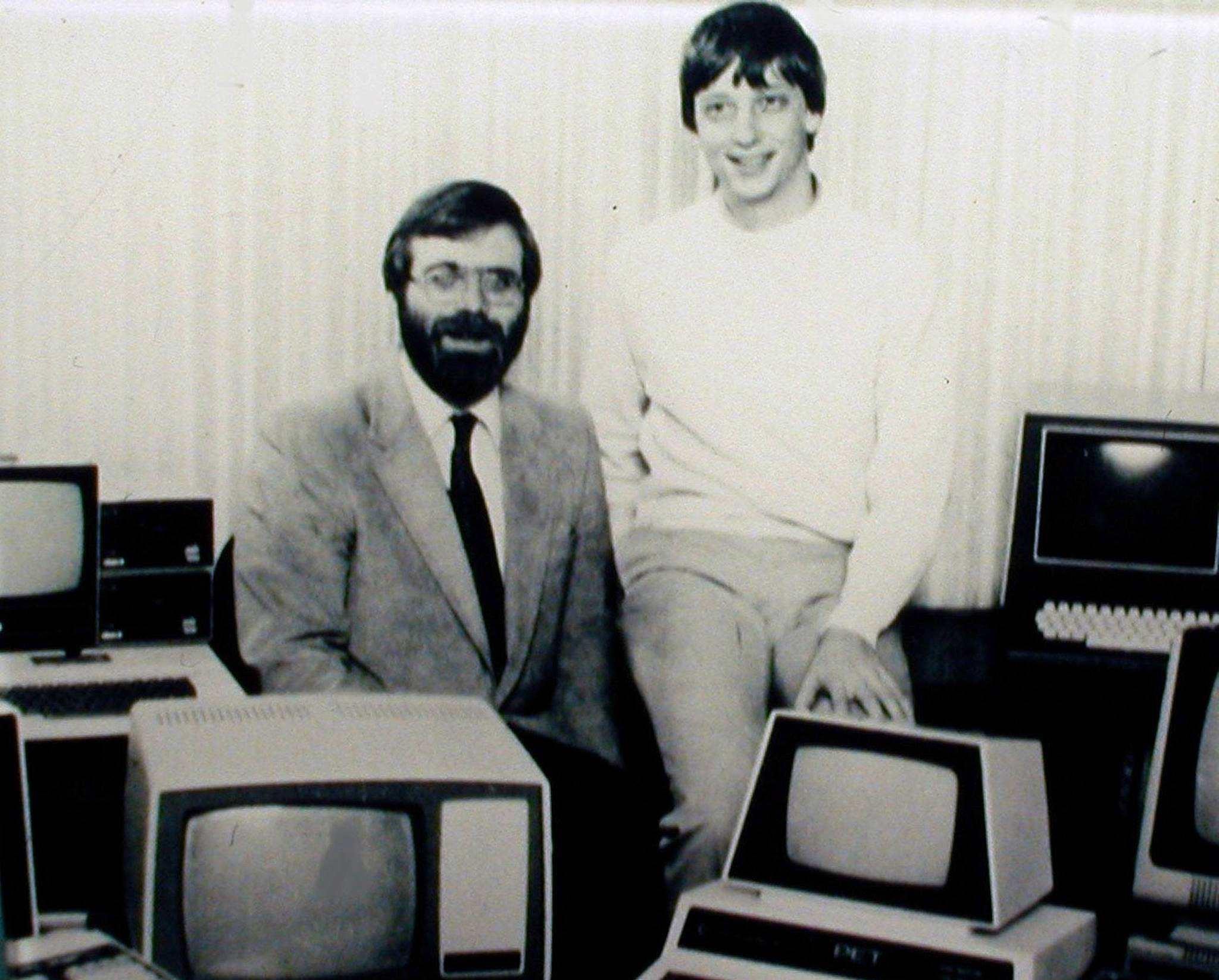WASHINGTON, Oct. 15 (CGTN) -- Microsoft Corp. co-founder Paul Allen, the man who persuaded school-friend Bill Gates to drop out of Harvard to start what became the world's biggest software company, died on Monday at the age of 65, his family said.
Allen left Microsoft in 1983, before the company became a corporate juggernaut, following a dispute with Gates, but his share of their original partnership allowed him to spend the rest of his life and billions of dollars on yachts, art, rock music, sports teams, brain research and real estate.
Allen died from complications of non-Hodgkin's lymphoma, a type of cancer, the Allen family said in a statement.
In early October, Allen had revealed he was being treated for the non-Hodgkin's lymphoma, which he also was treated for in 2009. He had an earlier brush with Hodgkin's lymphoma, another cancer, in the early 1980s before leaving Microsoft.
Music-lover Allen had a list of high-profile friends in the entertainment business, including U2 singer Bono, but preferred to avoid the limelight at his compound on Mercer Island, across Lake Washington from Seattle, where he grew up.
Allen remained loyal to the Pacific Northwest region, directing more than one billion US dollars to mostly local philanthropic projects, developing Seattle's South Lake Union tech hub that Amazon.com Inc. calls home and building the headquarters of his Allen Institute for Brain Science there.
"He is under-appreciated in Seattle,” said David Brewster, founder of local news website Crosscut.com and the Seattle Weekly newspaper. “He's remote and reclusive. There's too much Howard Hughes in the way he behaves for Seattle truly to appreciate a lot of the good that he does.”
Current Microsoft Chief Executive Satya Nadella on Monday called him a “quiet and persistent” man who changed the world.
Paul Gardner Allen was born in Seattle on Jan. 21, 1953, the son of a librarian father and teacher mother. He was two years older than Gates but when they met in the computer room at the exclusive Lakeside School in Seattle in 1968, they discovered a shared passion.
"In those days we were just goofing around, or so we thought,” Gates recalled in his 1985 book “The Road Ahead.”

